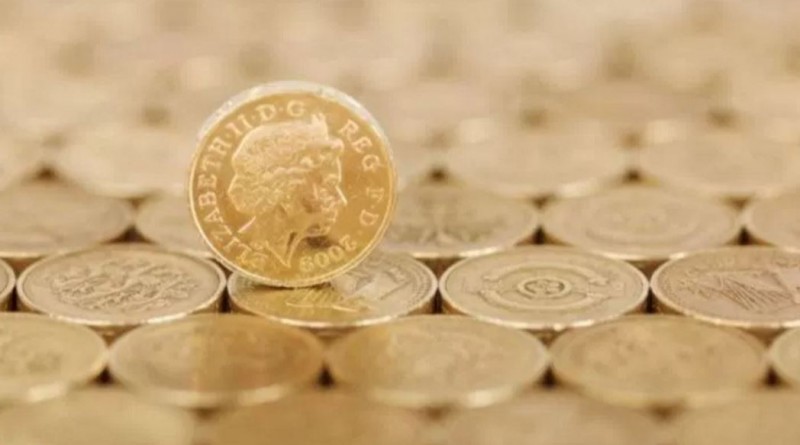Autumn statement: Key points at a glance for the bicycle business and cycling for transport
Busy selling bikes and miss today’s Autumn statement? CyclingIndustry.News tuned in to the former Transport Secretary Philip Hammond’s speech and has the key points most likely to affect the cycling industry:
- As predicted, the Cycle to Work Scheme escaped salary sacrifice scheme cuts.
- Despite playing host to some of the worst pollution in the EU, road-building has been given a £1.3 billion boost. £1.1 Billion of this will be directed to “reducing congestion and upgrading local roads, while £220 million will “tackle pinch points”. It is unclear whether such upgrades to roads will include active travel provision, though Hammond doesn’t have a history of backing cycling for transport. The figure may sound a lot, but it is in reality just 0.08% of the UK GDP. First impressions of spend breakdown suggests cycling is again overlooked.
- Fuel duty rise cancelled for seventh successive year, saving £850 million for UK’s motorists.
- Export finance capacity is to be doubled to give British exporters a boost.
- The electric vehicle and low emission market is to be incentivised with a £390 million subsidy.
- The National Minimum Wage is set to rise from £7.20 to £7.50 from April 2018.
- Hammond abolished the Autumn statement saying “no other major economy makes hundreds of changes so regularly”.
- Government to spend between 1 and 1.2% of GDP on “economic infrastructure. Hammond has written to the National Infrastructure Commission to ask which proposals should get funding priority.
- Corporation tax will fall to 17%, now the lowest rate in the G20.
- Insurance premium tax will rise from 10 to 12% from June next year.
- A £6.7 billion package has been announced to reduce business rates.
- The pound’s value has risen to $1.24 or €1.17 at the time of writing.
Related: How does Cycling’s spend per head compare to other key transport projects?



